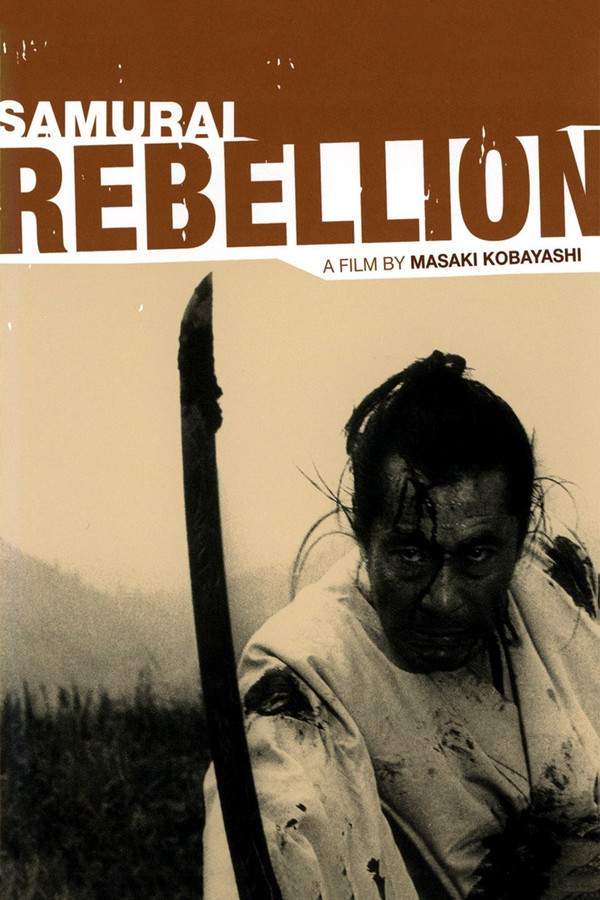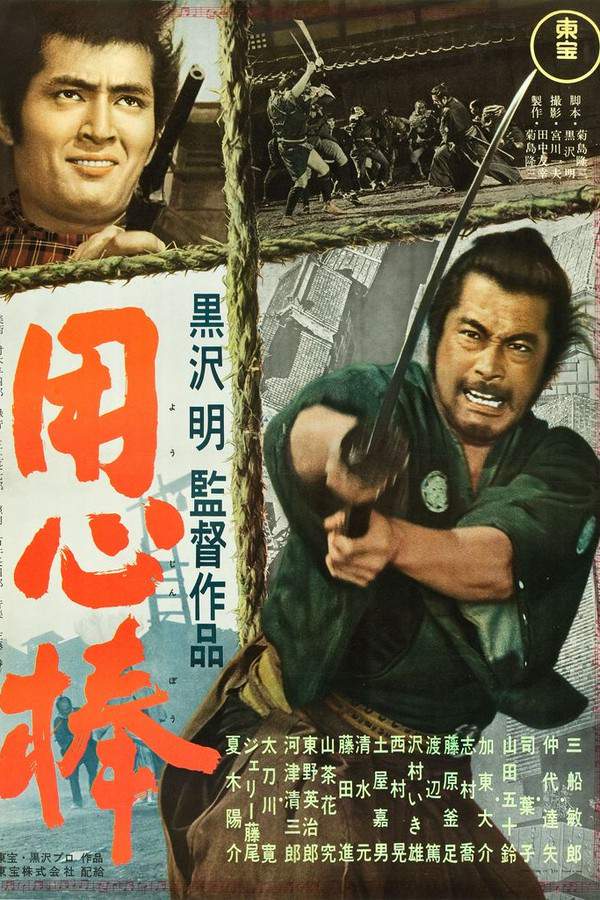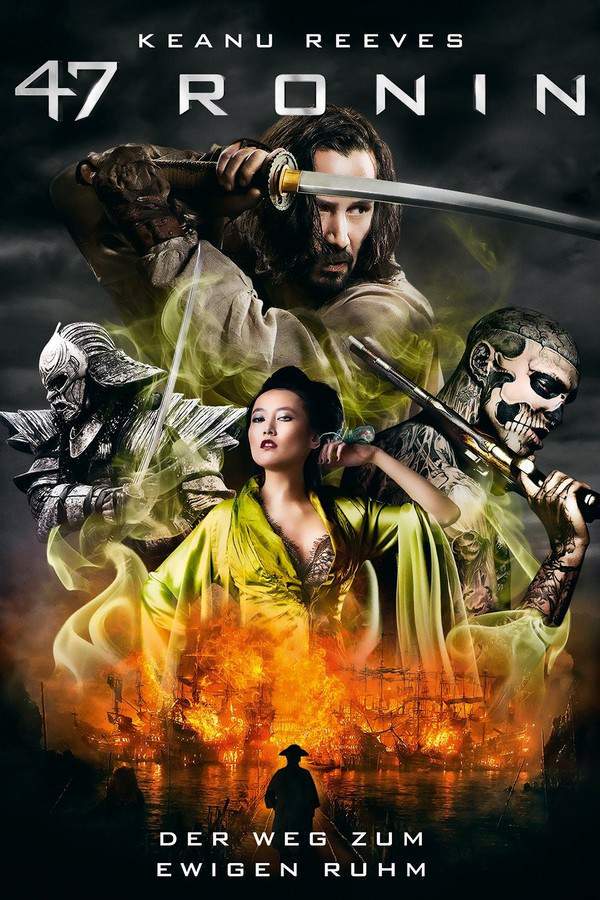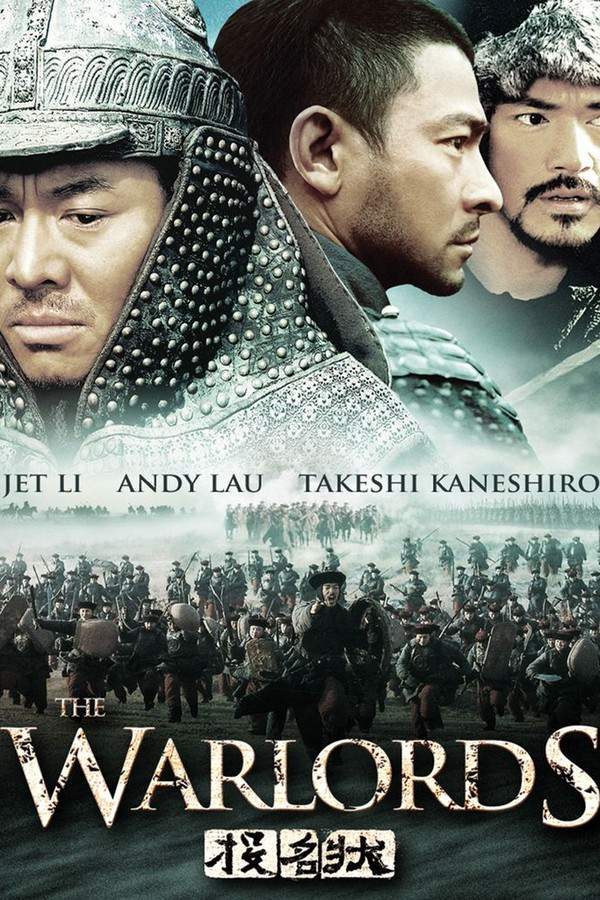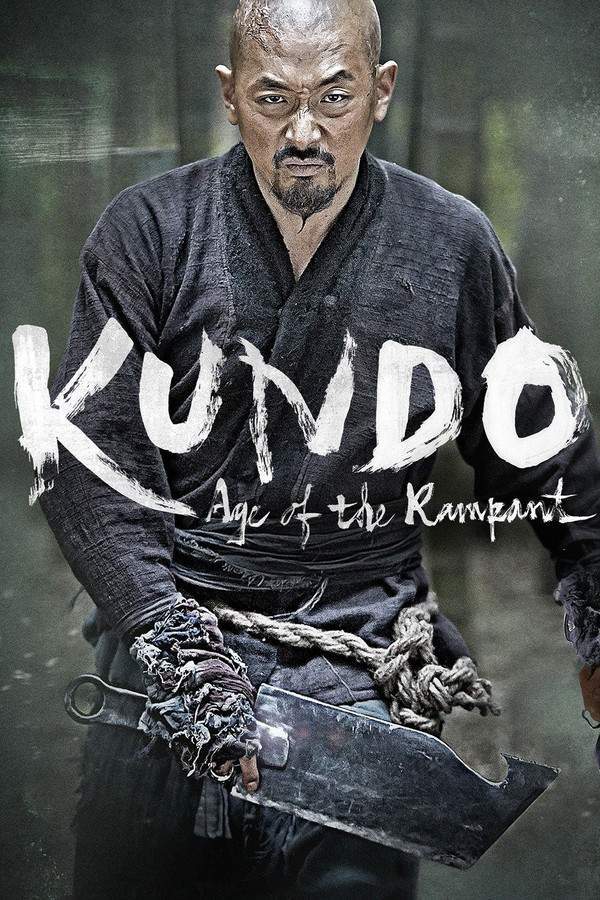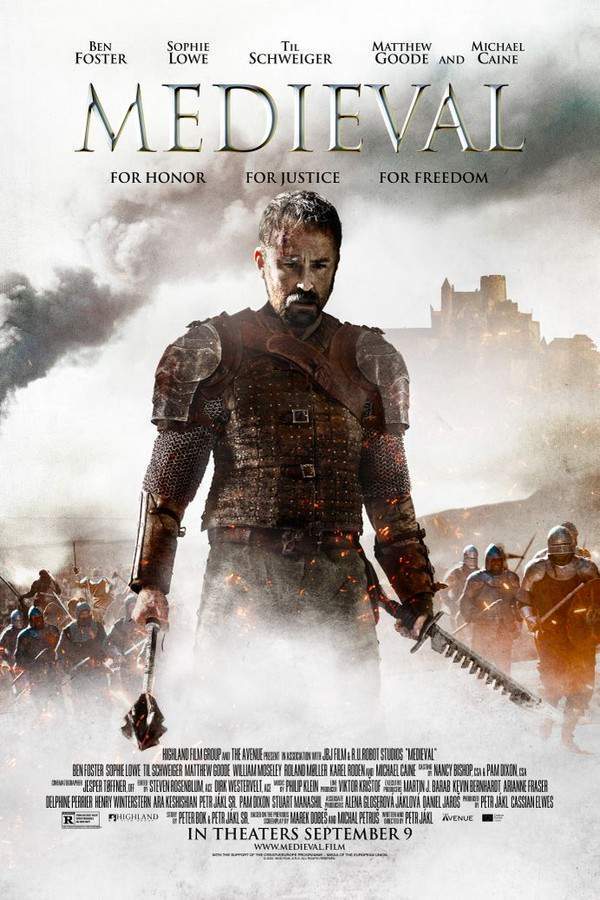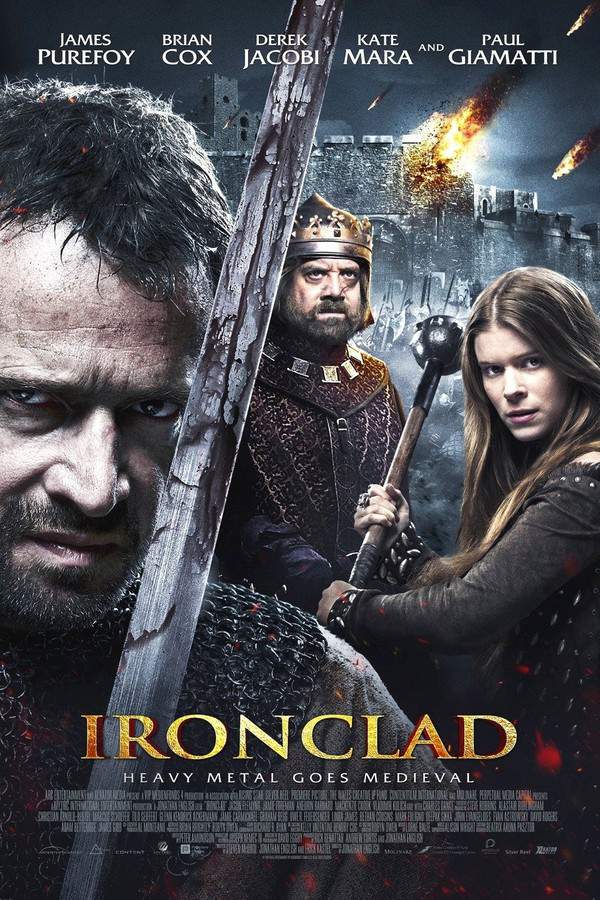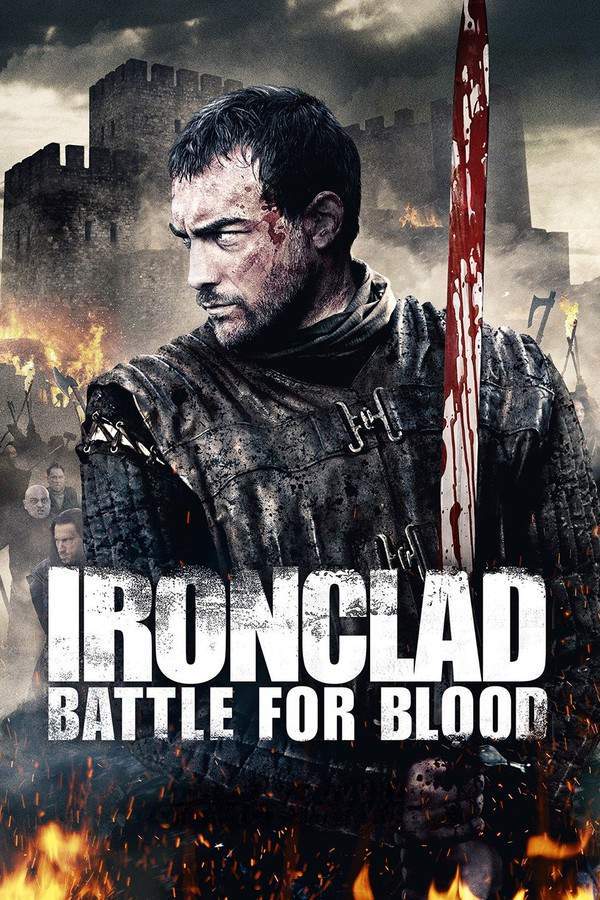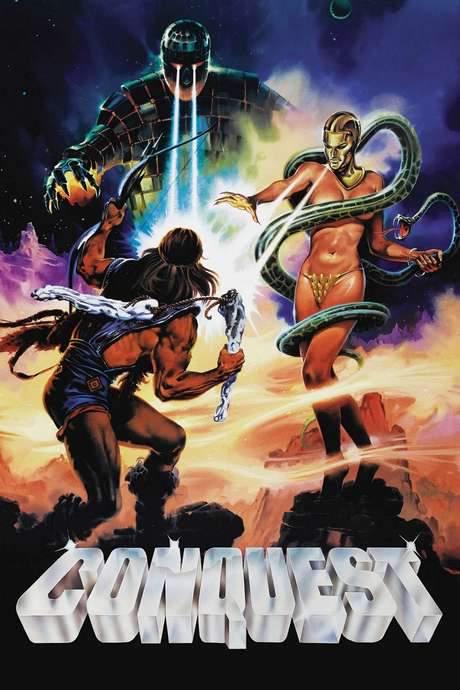
Lone Wolf and Cub: Sword of Vengeance
Year: 1972
Runtime: 83 mins
Language: Japanese
Director: Kenji Misumi
The opening entry of the Lone Wolf and Cub saga, drawn from Kazuo Koike’s manga, follows the tragic downfall of Ogami Ittō, the shogunate’s official executioner. Framed for treason by the powerful Yagyū clan, he becomes a lone ronin, traveling the road with his infant son Daigoro, seeking vengeance while protecting his child.
Warning: spoilers below!
Haven’t seen Lone Wolf and Cub: Sword of Vengeance yet? This summary contains major spoilers. Bookmark the page, watch the movie, and come back for the full breakdown. If you're ready, scroll on and relive the story!
Lone Wolf and Cub: Sword of Vengeance (1972) – Full Plot Summary & Ending Explained
Read the complete plot breakdown of Lone Wolf and Cub: Sword of Vengeance (1972), including all key story events, major twists, and the ending explained in detail. Discover what really happened—and what it all means.
Set in Japan during an unspecified year of the Edo period, Ogami Itto, the disgraced former Kogi Kaishakunin (executioner) to the shogun, drifts across the countryside pushing a rain-soaked baby cart carrying his 3-year-old son, Daigoro, inside. A sashimono banner hangs from his back that proclaims: “Ogami: Suiouryo technique. Sword For Hire. Son For Hire.” This stark image sets up a tale where duty and danger collide with a father’s resolve to keep his child safe, even as the world around him seems bent on testing every line he once drew.
An almost comical, unsettling moment interrupts their quiet march when an unstable woman grabs Daigoro from the cart and attempts to breastfeed him. Daigoro, torn between childhood curiosity and his father’s iron gaze, hesitates at first, but under a stern look from Ogami Itto he returns to the boy’s needs, accepting the mother’s offered milk. The woman’s mother apologizes and tries to pay for the moment, yet Ittō remains stoic, remarking in effect that his son was hungry anyway, turning the scene into a quiet meditation on hunger, protection, and the dignity of a father’s duty.
As rain drums the landscape, the memory returns—a rainy day from two years earlier when his wife was slain by three former samurai. At first, Ittō believes it to be revenge for his execution of their young daimyō, but the truth unfolds as a deeper scheme: the elusive Shadow Yagyū clan, a network that controls the shogun’s spies and assassins, intends to frame Ittō for treason to seize control of the executioner’s post. In a brutal confrontation, he cuts down a senior member of the Yagyū and his men who come to finish him off, a moment that hardens his resolve to protect his son at any cost.
From that point, Ittō becomes a wandering assassin-for-hire, taking a petition from the chamberlain of a rural clan to dismantle a conspiracy bent on murdering the chamberlain’s lord and installing their own puppet. The chamberlain’s test is quickly answered, as a mere backslash from Ittō with his Dōtanuki blade dispatches the chamberlain’s two men, revealing that his true mettle lies in decisive, almost surgical violence. The targets lie in a remote mountain village famed for its hot springs, where the steam and water reflect a world that seems to go on forever.
While pushing the baby cart, Daigoro observes the world with a child’s innocence: a dog nursing its litter, children singing, and a bouncing ball. Ittō’s thoughts drift back again to the moment of his wife’s death, and the choice he offers his son—between a toy ball and the sword. If the child chooses the ball, he would die so his son could join his mother; instead, the curious boy reaches for the sword, choosing a path that Ittō proudly describes as living like demons at the crossroads to hell. This moment crystallizes Daigoro’s future as his father’s companion in a life of peril and honor.
The past intrudes once more as Ittō confronts the leader of the Shadow Yagyū, Retsudô Yagyû, forcing a duel with the clan’s best swordsman. A creative edge is revealed in a heartbeat: Ittō straps a mirror to Daigoro’s forehead, using sunlight to blind his opponent and secure a hard-won victory. The memory settles into the present as he reaches the hot-spring village, only to discover that conspirators have hired a band of ronin who have seized the town, raping, looting, and pillaging. With his sword sheathed for the moment, Ittō is forced to mingle with travelers who have been taken hostage; the threat is not merely physical but a test of his resolve to protect his son at all costs.
The hostage situation escalates as the conspirators propose a cruel, dehumanizing gamble: they want Ittō to sleep with a prostitute while they watch. The prostitute, a woman who has witnessed enough brutality to know men’s true natures, doubts that a dignified fighter would ever lower himself to such an act. Yet, in a moment that marks his fall and his ultimate redefinition of honor, Ittō strips and steps forward, showing that a hellbound path has altered not only his heart but his code—the kind of code that makes survival possible in a world where rules are quickly rewritten.
When Ittō finally discloses his identity to the conspirators, he reveals a cache of hidden weapons stowed within the baby cart—including a naginata and a throwing dagger—and proceeds to slaughter the ronin with ruthless efficiency. A conspirator tries to shoot him with twin pistols, but Ittō flips the cart to shield himself, armor-like beneath, and then vaults over it to sever the shooter’s head. He then finishes the final conspirator with a decisive cut to the chest, leaving the village to the ruins of violence and the memory of a man who has embraced a life of easy death and hard duty.
As the dust settles, Ittō withdraws with Daigoro, the boy quietly learning the brutal math of their world. The prostitute who once entertained fear now finds herself drawn to the bond between father and son, but Ittō gently cuts the rope that would let her follow, choosing to push the armored cart onward rather than linger in a moment of possible tenderness. With the rain fading and the road ahead open, the pair move forward, their future uncertain but their resolve intact, bound for the next job and the next test in a life lived on the edge of a blade.
Last Updated: October 07, 2025 at 08:51
Explore Movie Threads
Discover curated groups of movies connected by mood, themes, and story style. Browse collections built around emotion, atmosphere, and narrative focus to easily find films that match what you feel like watching right now.
Movies like Lone Wolf and Cub: Sword of Vengeance about grim vengeance quests
Stoic protagonists walking a lonely road, bound by a bloody duty.If you liked Lone Wolf and Cub: Sword of Vengeance, this section features similar movies about stoic loners on a path of revenge. These films share a dark tone, steady pacing, and heavy emotional weight, often centered on a code of honor and the bond between a protector and their charge. Find more samurai epics and gritty action dramas with a similar melancholic and resolute vibe.
Narrative Summary
The narrative follows a protagonist, often a fallen hero or outcast, who is set on a linear path of retribution after a grave injustice. The journey is punctuated by episodic confrontations that test their resolve and skill. While the protagonist may achieve tactical victories, the overarching quest remains, leaving them in a state of perpetual conflict and isolation, with the ending often feeling bittersweet or bleak.
Why These Movies?
These movies are grouped together because they share a core focus on a stoic, lone figure pursuing vengeance. They create a coherent experience through their shared dark tone, melancholic atmosphere, and heavy emotional weight stemming from themes of loss and honor. The pacing is typically steady, building a sense of inevitable, grim progression towards a costly goal.
Movies similar to Lone Wolf and Cub: Sword of Vengeance set in brutal worlds with honor codes
Stories set in harsh societies where violence and honor collide.Explore movies like Lone Wolf and Cub: Sword of Vengeance that depict harsh societies governed by codes of conduct. These films share a high intensity, dark tone, and heavy emotional weight, focusing on themes of honor, betrayal, and survival. If you enjoyed the philosophical conflict and brutal violence of Lone Wolf and Cub, you'll find similar epic heroes and intense combat stories here.
Narrative Summary
The plot revolves around a protagonist navigating a savage social hierarchy. Their internal struggle between adhering to a strict code (like bushido or a criminal ethic) and adapting to merciless circumstances drives the narrative. The story often involves betrayal from within the system, forcing the character to operate outside the law or society they once served, leading to a conflict that is both physical and deeply philosophical.
Why These Movies?
These films are united by their depiction of merciless settings where characters grapple with the meaning of honor amidst extreme violence. They share a high-intensity, dark viewing experience with a steady pacing that allows for reflection on weighty themes. The combination of brutal action and philosophical depth creates a specific, coherent vibe for viewers seeking this particular blend.
Unlock the Full Story of Lone Wolf and Cub: Sword of Vengeance
Don't stop at just watching — explore Lone Wolf and Cub: Sword of Vengeance in full detail. From the complete plot summary and scene-by-scene timeline to character breakdowns, thematic analysis, and a deep dive into the ending — every page helps you truly understand what Lone Wolf and Cub: Sword of Vengeance is all about. Plus, discover what's next after the movie.
Lone Wolf and Cub: Sword of Vengeance Timeline
Track the full timeline of Lone Wolf and Cub: Sword of Vengeance with every major event arranged chronologically. Perfect for decoding non-linear storytelling, flashbacks, or parallel narratives with a clear scene-by-scene breakdown.

Characters, Settings & Themes in Lone Wolf and Cub: Sword of Vengeance
Discover the characters, locations, and core themes that shape Lone Wolf and Cub: Sword of Vengeance. Get insights into symbolic elements, setting significance, and deeper narrative meaning — ideal for thematic analysis and movie breakdowns.

Lone Wolf and Cub: Sword of Vengeance Spoiler-Free Summary
Get a quick, spoiler-free overview of Lone Wolf and Cub: Sword of Vengeance that covers the main plot points and key details without revealing any major twists or spoilers. Perfect for those who want to know what to expect before diving in.

More About Lone Wolf and Cub: Sword of Vengeance
Visit What's After the Movie to explore more about Lone Wolf and Cub: Sword of Vengeance: box office results, cast and crew info, production details, post-credit scenes, and external links — all in one place for movie fans and researchers.

Similar Movies to Lone Wolf and Cub: Sword of Vengeance
Discover movies like Lone Wolf and Cub: Sword of Vengeance that share similar genres, themes, and storytelling elements. Whether you’re drawn to the atmosphere, character arcs, or plot structure, these curated recommendations will help you explore more films you’ll love.
Explore More About Movie Lone Wolf and Cub: Sword of Vengeance
Lone Wolf and Cub: Sword of Vengeance (1972) Scene-by-Scene Movie Timeline
Lone Wolf and Cub: Sword of Vengeance (1972) Movie Characters, Themes & Settings
Lone Wolf and Cub: Sword of Vengeance (1972) Spoiler-Free Summary & Key Flow
Movies Like Lone Wolf and Cub: Sword of Vengeance – Similar Titles You’ll Enjoy
The Dagger of Kamui (1985) Movie Recap & Themes
Shogun Assassin (1980) Full Movie Breakdown
Lone Wolf & Child: Assassin on the Road to Hell (1989) Plot Summary & Ending Explained
Tokijiro: Lone Yakuza (1966) Complete Plot Breakdown
Lone Wolf and Cub: Baby Cart in Peril (1972) Story Summary & Characters
Lone Wolf and Cub: Baby Cart in the Land of Demons (1973) Plot Summary & Ending Explained
Lone Wolf and Cub: Baby Cart to Hades (1972) Movie Recap & Themes
Lone Wolf and Cub: Baby Cart at the River Styx (1972) Story Summary & Characters
The Sword of Doom (1966) Story Summary & Characters
Sword of the Beast (1965) Complete Plot Breakdown
Lone Wolf and Cub: The Final Conflict (1993) Plot Summary & Ending Explained
Samurai Wolf II (1967) Detailed Story Recap
Samurai Wolf (1966) Detailed Story Recap
Lone Wolf and Cub: White Heaven in Hell (1974) Film Overview & Timeline
Samurai Avenger: The Blind Wolf (2009) Film Overview & Timeline

